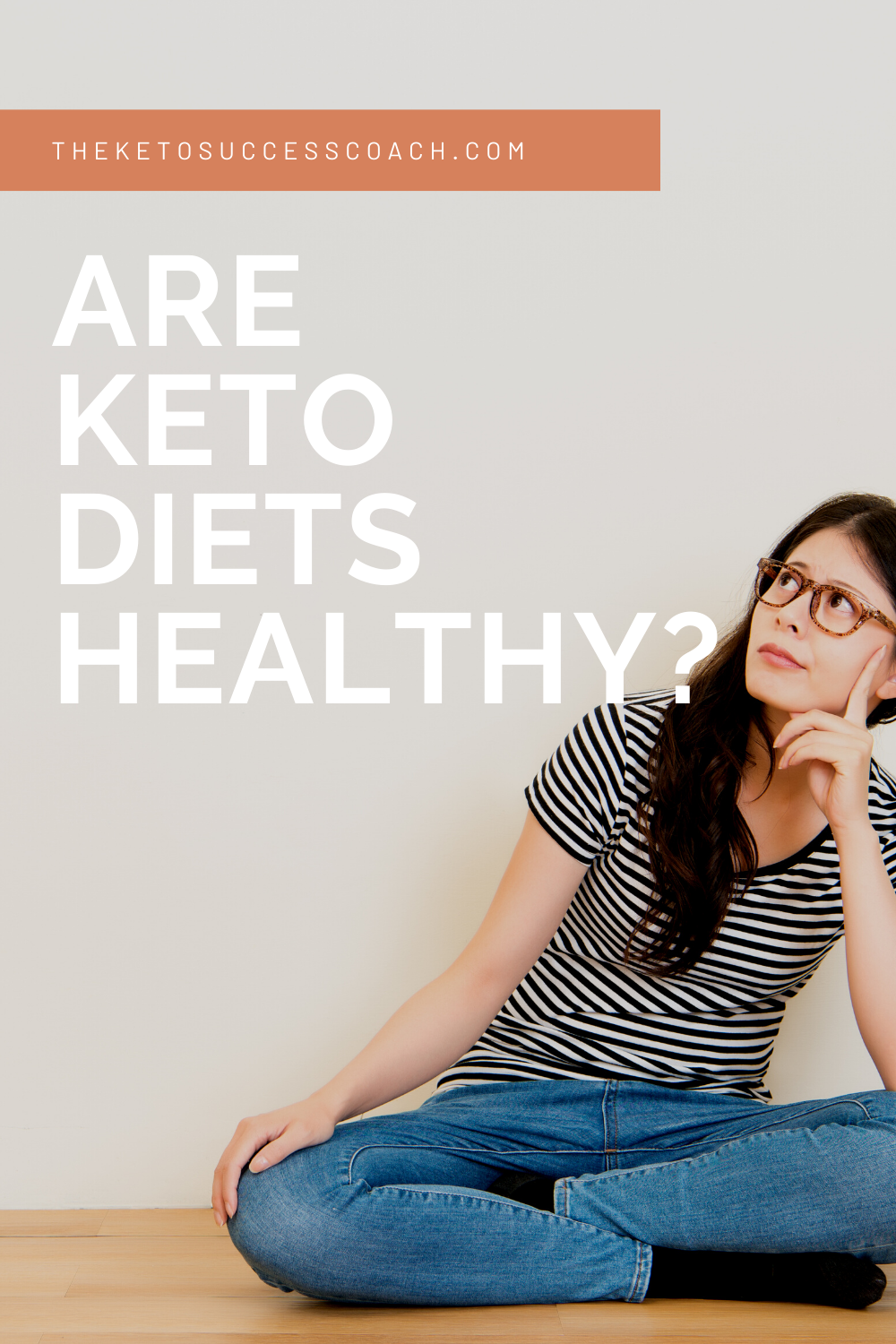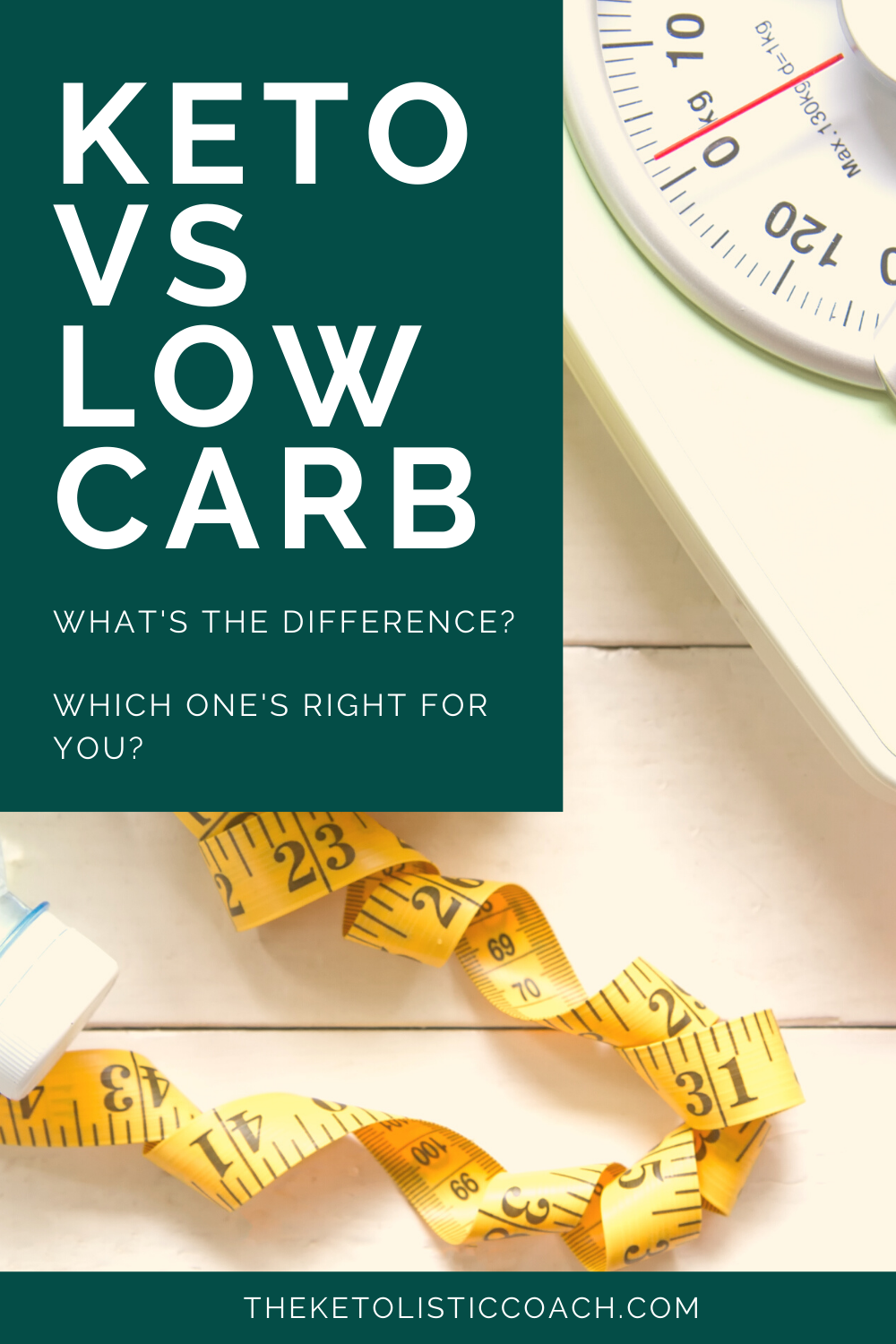The ketogenic diet is so vastly different from what society deems “normal” that many wonder if it’s really a safe and healthy way to eat. It goes against how we were raised to eat, outdated food pyramids, and what we were taught, that at first glance it may seem like the least healthy pattern of eating out there. But new research is constantly emerging to reveal a different story.
Studies have shown that reducing carbohydrate intake and increasing healthy fats can help with the severity of illnesses such as obesity, diabetes 2, and heart disease. Ketogenic diets have also been shown to decrease overall inflammation in the body, which is an underlying issue for many chronic conditions. Even if you do not suffer from any of these, there are many ways that living a keto lifestyle can improve your health and wellbeing.
GRAB YOUR FREE DAILY KETO HABIT CHECKLIST BELOW!
The ketogenic diet was originally designed for children suffering from epilepsy, and studies found it to be a highly beneficial treatment. Nowadays, the majority of the people who want to try a ketogenic diet are doing so with the main goal of losing weight. Keto has been shown to help people lose weight faster than other plans such as a low-fat diet, but it is by no means a “quick fix” diet. Once you lose the weight on keto, if you go right back to how you were eating before, there’s a good chance you’ll gain the weight back.
Other health indicators aside from weight loss include improved triglycerides, cholesterol, blood sugar, A1C and blood pressure from eating a ketogenic diet. While there are no long term studies, there are countless success stories and anecdotal evidence from individuals who have been living a keto lifestyle for years who have lost weight, decreased medications, and improved their overall health.
Just like any diet, keto still needs to be implemented correctly without going to extreme measures to improve your overall health. For some, high fat and low carb may not be the best choice. So instead of asking if the keto diet is healthy, a more poignant question to ask is if the keto diet is healthy for YOU. It should also be noted that just because a diet works for some, doesn’t mean it will work in the same way for everyone.
HOW TO KNOW IF YOUR KETO DIET IS HEALTHY:
Body Composition
If keto is helping you see progress in the right direction to reach your body weight loss goals, that’s great! If you’re not getting the results you want, it may be time to switch things up. Keep in mind, everyone loses weight at different rates. Be mindful of your own weight loss, and don’t compare that to anyone else. It is customary to lose 1-2lbs per week once you’ve become fat adapted on your keto journey. Even on keto, you still need to be in a caloric deficit to lose weight and that deficit needs to be continually adjusted as you drop pounds.
Essential Nutrients
It is critical that your keto diet meets your daily vitamin and mineral requirements. Focusing on a whole food based approach will help you to meet your nutritional needs to keep you feeling your best. Sure, it’s possible to lose weight without meeting those needs, but it’s not great for your overall health and you may not feel so great doing it.
GRAB YOUR FREE DAILY KETO HABIT CHECKLIST BELOW!
Overall Wellbeing
It is important to eat in a way that improves your overall wellbeing and quality of life. It seems obvious, but a healthy diet should make you feel healthy while you’re on it. If eating a ketogenic diet is causing you an unnecessary amount of stress or suffering, then maybe it’s time to try something else. Even if you may feel great, your blood tests may report otherwise. There are many health care practitioners who are on board with a keto diet, and many who aren’t. That’s why it’s imperative for you to track your own personal, subjective experience as well as objective evidence (such as weight, blood sugars etc) to get a clear picture of your overall health and wellbeing.
Long Term Sustainability
Just like any other diet, keto can get you short-term results, but is it something you can sustain indefinitely? The best dietary approach for you is one that you can truly adopt into a lifestyle change. It is the healthiest diet for you if it replaces your previous way of eating, while meeting your nutritional needs, maintaining your body composition, and improving your general wellbeing. If you’re struggling to stay on your keto diet, and only thinking about it as a short-term “quick fix”, there’s a good chance you will go back to your old habits and eating behaviours, and gain the weight back.
HOW TO CREATE A HEALTHY KETO LIFESTYLE
The main reason people start a ketogenic diet is for weight loss. Keto is highly effective at getting people results beyond what they even thought was possible. That being said, just because you’re losing weight doesn’t necessarily mean you’re doing it in the healthiest way possible.
Here are a few guidelines to ensure you create a healthy keto lifestyle:
Maintain a calorie deficit no higher than 35% (or lower). You will lose weight by eating fewer calories than your body needs to maintain its current weight. However, drastically decreasing calories more than 35% of what you’re currently used to eating is a surefire way to feel hungry, slow your metabolism, and make your weight loss harder to maintain in the long run.
Lose weight at 1-2lbs per week. After your initial water weight loss when you first transition to a keto diet, the standard rate for true fat loss is 1-2lbs per week. There is no reason to feel discouraged if you’re not losing weight fast enough. Losing this amount per week will increase your chances of maintaining that loss without fighting cravings or hunger. Just remember - slower weight loss is more sustainable weight loss!
Eat adequate protein. When you meet your daily protein requirements you are more likely to feel full for longer, burn more calories, and prevent a decrease in muscle mass. Eating enough protein is crucial for keto weight loss success, while looking and feeling healthier.
GRAB YOUR FREE DAILY KETO HABIT CHECKLIST BELOW!
To answer the overall question, YES - keto diets are healthy. Especially if you compare it relatively to how you were eating before. You may find yourself more likely to eat whole, nutrient dense foods, healthy fats, and the right amount of protein on keto compared to a typical “Western” diet. If you follow the guidelines above, you are well on your way to achieving a healthy keto diet that meets all your dietary needs while helping you achieve your body goals. If you are still feeling unsure, and want additional guidance on your keto journey click here to learn about how coaching can help! There are many strategies that can help you adopt a ketogenic diet as a true keto lifestyle change. It may take some experimenting, self awareness, and a shift in your eating habits to find what truly works best for you, to get you weight loss results that last.







